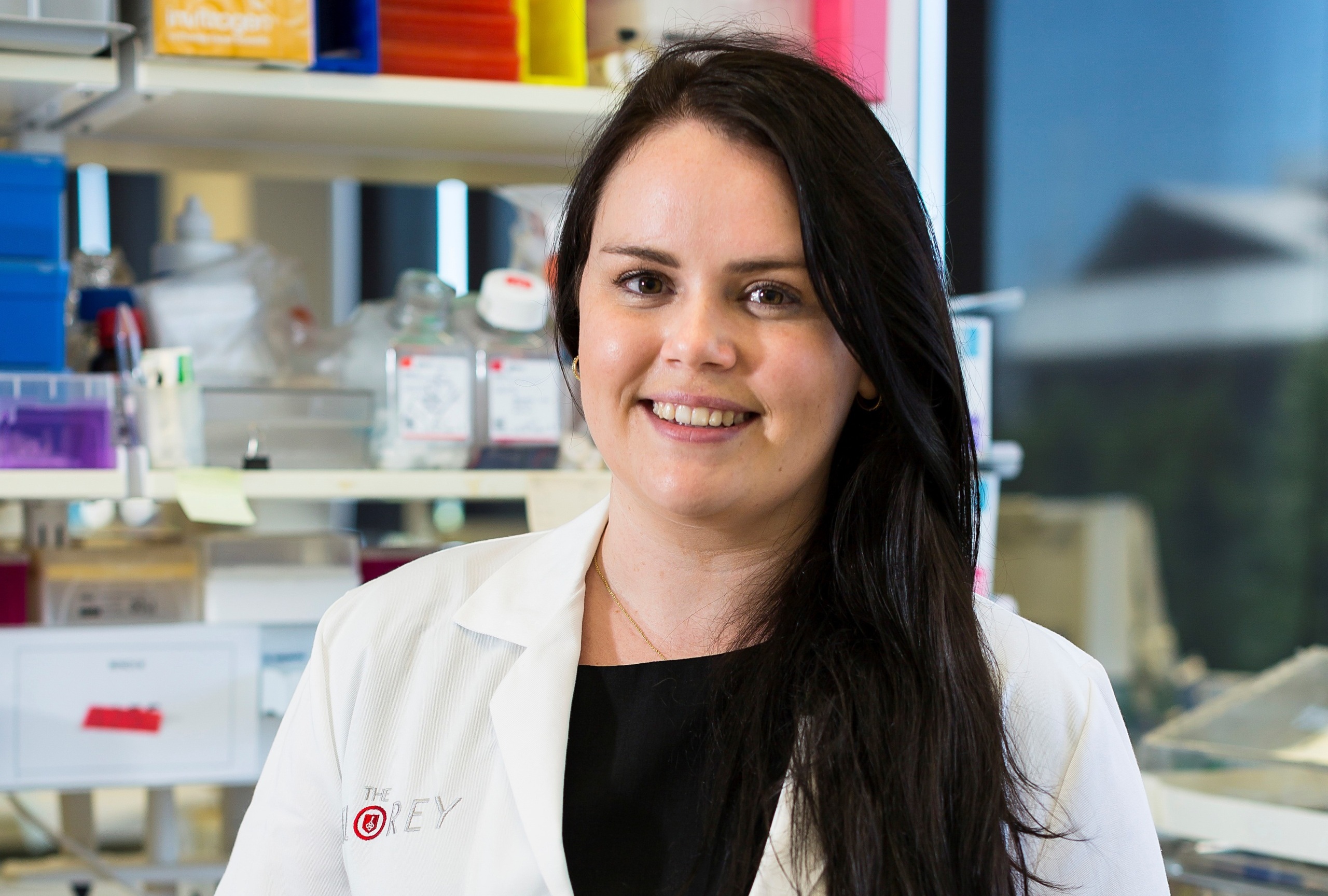A few years ago Dr Krati Garg, an oral surgeon in Melbourne, was in theatre about to commence work on a patient when she told the anaesthetist she could smell sevoflurane.
Sevoflurane is the anaesthetic gas used to put – and keep – patients asleep during surgery. Ingested via a tube that is placed down the throat, in large quantities its bitter smell can be noticeable, but trace amounts are largely indiscernible.
No one else in the room could smell it through their masks, but the anaesthetist, who’d worked with Garg before and knew of her sensitive nose, checked the fit of the tube, discovering a small leak and a need to adjust the seal.
It’s not unusual for Garg to smell things that others can’t. She notices the smell of earth before it’s about to rain and at home with her husband, she’s overly prone to discarding food she thinks smells off, often saying to him: “It’s probably better that you taste and tell me if it’s off or not, because I might throw it out even without it going off.
Growing up in India, she was known in her family as having a super-sensitive nose, just like her grandmother. She’d astonish her mother by coming home from school and being able to describe the precise foods and spices used in the curries cooked in her absence.
Certain smells gave her a strong aversion – even trace amounts of a particular rose-fragranced syrup, commonly used in milkshakes in India, made her recoil. The body odour of a private tutor her family had hired to help her with physics was so disconcerting, “I couldn’t focus at all … I would just try to stop, start my breathing. And then I would look at the clock. After a few months, I said to my mum: ‘Look, I can’t sit.’ And we had to let him go.”
While understanding that she has a heightened sense of smell has been a “continuous process” throughout Garg’s life, this year she started becoming more curious about this skill. Working in healthcare in Melbourne, she was being regularly tested for Covid-19, but noticed she was also “subconsciously” running her own early-warning testing system, by constantly checking in on her sense of smell. (Loss of smell is a symptom of Covid infection.) After reading up on the topic, Garg came to the conclusion that she was possibly a “super-smeller” – a rare condition, medically known as hyperosmia.
Dr Leah Beauchamp, a neuroscientist at the Florey Institute of Neuroscience and Mental Health in Melbourne, says individual “olfactory acuity” – our ability to smell – is highly variable and altered by genetics, age, gender (women have a stronger sense of smell) and even mood. Our sense of smell occurs via a complex process, where an odour molecule enters the nose and hits a patch of tissue – “basically at the place where you get your Covid test” – from where electrical impulses travel to various regions within the brain for interpretation.

Not a lot is known about those on the outer edges of smelling ability – it’s rare, and subjective, which makes it difficult to measure. According to Beauchamp, it is theorised that hyperosmia could be biological – it’s known that changes in hormones and electrolytes associated with medical differences, such has pregnancy or Lyme diseases, heighten smell sensitivity – and also that is can be learned; a sommelier, for example.
One of the most extreme cases of a super-smeller to emerge in recent years – now being studied in the UK – is a Scottish woman who noticed a certain “musty smell” on her husband in the years preceding his diagnosis with Parkinson’s disease. It was only once she walked into a support group for people living with Parkinson’s that she realised the scent was common among them. “Someone with that kind of acuity is basically off the charts,” says Beauchamp. “But you do get variability in humans. That’s how biology works.”
For Beauchamp, it is the absence of a sense of smell that offers the most intriguing grounds for research. “Smell is great opportunity for us to access the brain … People think that sense of smell is all about the nose, and the nose is important obviously, but it really gives us an indication of brain health.”
The Florey institute has a number of projects investigating smell deficits, including one examining why a cohort of people in Melbourne still have no sense of smell up to 12 months after recovering from Covid.
It’s unlikely that someone like Garg would ever get – or need – an official diagnosis of hyperosmia. Beauchamp says that unless it is “disturbing day-to-day function … they wouldn’t need to get it treated”. Garg says that simply being aware of her ability is enough for her. “I almost feel empowered in some ways that I’ve got this little extra strength or tool.”
Being a super-smeller means she occasionally having to take evasive action, like “staying away from a particular group of people because someone’s wearing a very strong perfume in a party”.
It also means navigating intense memories. Unlike other senses, the area of the brain that processes smell directly receives information from the part of the brain associated with memory, the hippocampus. For Garg, a certain “damp” smell takes her back to the stressful experience of having her house flooded as a child; conversely, the smell of petrol, which she “quite likes”, overwhelms her with nostalgia for her childhood in India.
“There are people who actually come and fill it for you and you just sit in the car with your windows down, or you’re on your two-wheeler and you can smell it with the dust and everything.”
This article was written by Bronwyn Adcock and was originally published in The Guardian Australia.
